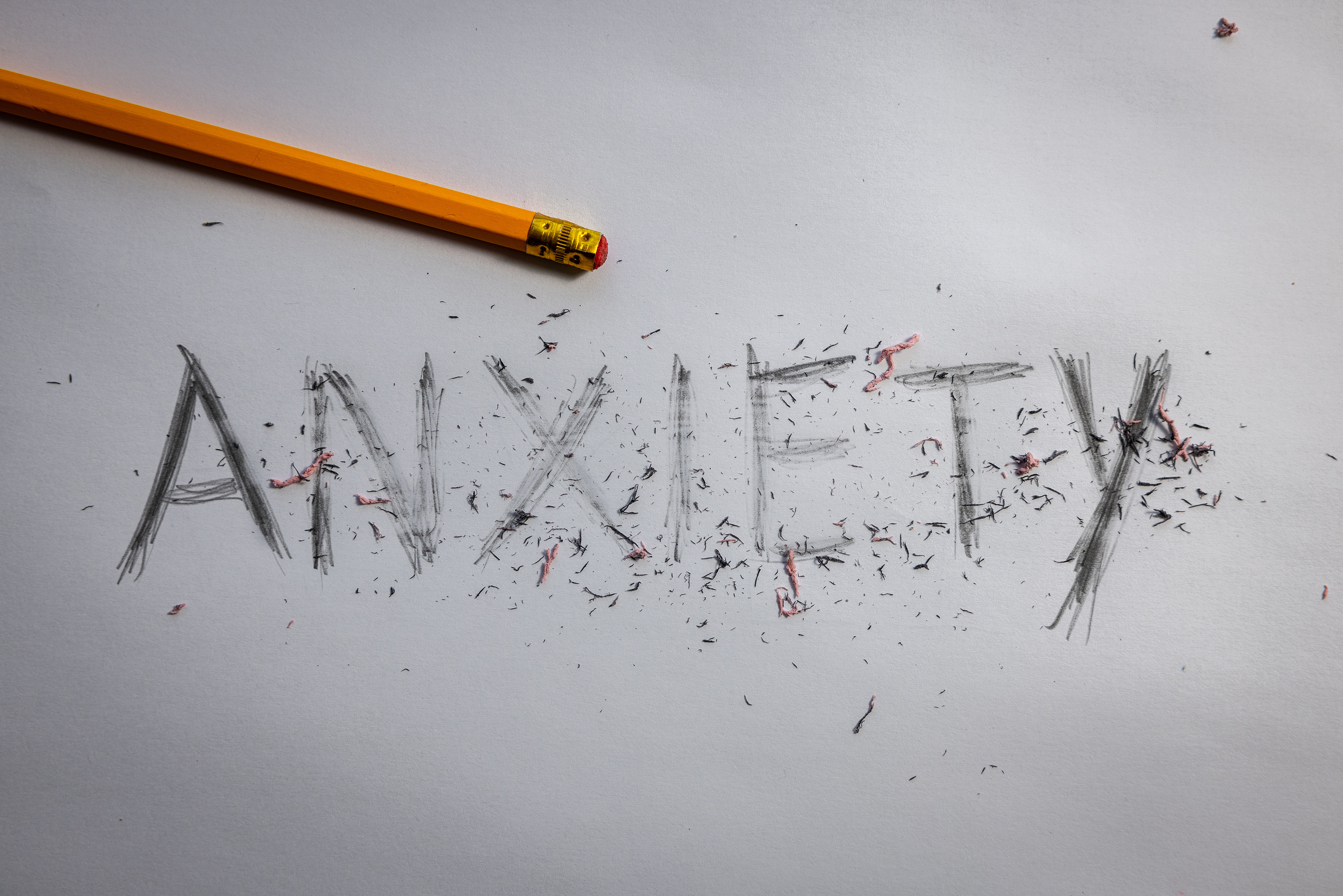Anxiety Related Insomnia: Adding Depression to the Mix
Today, many people complain of sleep disorders - difficulty falling asleep and insomnia. These problems can be caused by anxiety and stress. Nowadays, there is enough cause for concern, and everyone has to deal with this in one way or another. Sleep disturbances are often a consequence of this situation. You can deal with them quite quickly using simple methods that are accessible to everyone.

Why Anxiety and Stress Cause Sleep Disorders and Insomnia
Having healthy sleep turns out to be quite problematic when the nervous system is over-activated. This is exactly the effect that anxiety and stress cause. This is adaptive insomnia, which was originally needed for survival.
Anxiety indicates that there is some kind of threat. In response to it, mechanisms are activated that activate the nervous system. The brain goes into emergency mode, which allows it to cope with dangers in the best possible way. His activity is high, and when he needs to calm down in order to fall asleep, excessive arousal still persists.
This is how sleep disorders develop. This mechanism, which was originally necessary for survival, today in many cases is not at all useful.
There are three sleep problems that anxiety causes:
- Long time falling asleep. A healthy and fairly relaxed person needs less than half an hour to fall asleep, which is the norm. In a state of anxiety and stress, you have to wait much longer, even if there was a long period of wakefulness before that.
- Deterioration in sleep quality. Due to anxiety, it can become shallow and intermittent. Deep, relaxing stages of sleep are not achieved in such cases.
- Early morning awakenings, after which it is no longer possible to fall asleep. Healthy sleep should last 7-9 hours, but due to anxiety and stress, its duration can be reduced to 4-5.
A person who experiences these problems wakes up and feels sleep-deprived and exhausted all day, and does not have the feeling of a full night's rest.
Stress is the most common cause of such disorders. According to statistics, every fourth person experiences sleep problems caused by it during the year. They can be dealt with using various treatment methods. For this purpose, both means of combating anxiety and stress, such as Xanax (Alprazolam), and methods of getting rid of the sleep disorders caused by them are suitable.

How to Improve Your Sleep
Naturally, anxiety-induced insomnia lasts as long as the stressor is present. When it disappears, the need for brain hyperactivity disappears.
Accordingly, a good option is to clearly identify the cause of the experience—the factor that is perceived as threatening and causing undue stress—and then consider whether it actually poses a threat. This may not be the case, and there is nothing to worry about at all. If this factor really threatens, you need to take action to eliminate it. Having achieved success in this endeavor, you can return to a state of calm.
In a situation where it is impossible to get rid of the source of the threat, you need to learn to live with it and cope with anxiety, worries and stress. The first step is to draw up a plan of measures to neutralize the dangers caused by the stress factor and begin to act on it. Implementing such a prepared program is a sure way to forget about unnecessary stress.
In addition, a good option would be to use ways to reduce anxiety that are available to everyone:
- limit negative information;
- perform an anti-stress breathing exercise: take three slow deep breaths in and out, inhaling for three counts and exhaling for six counts;
- meditate;
- devote more time to pleasant things;
- try to do something useful more often;
- add more physical activity to your life - walk or play sports;
- throw the reaction to the stress factor outward - keep a diary, share thoughts and feelings with someone close to you, write stories or poems, draw, sculpt, and so on.
All this will help you cope with stress and regain healthy sleep.
Another effective remedy is maintaining sleep hygiene. You need to follow a few simple rules:
- always go to bed and get up at the same time;
- create comfortable conditions for sleeping - a dark and quiet room, a comfortable bed and blanket;
- limit mental and physical activity before you expect to fall asleep - including not reading or watching videos in bed;
- follow a bedtime ritual - for example, drink soothing herbal tea at night.
In most cases, these fairly simple and accessible methods are enough to solve sleep problems caused by anxiety and stress. Considering that it is psychological stress that most often causes insomnia, such methods will be useful to very, very many. You just need to choose the ones that suit you and then start using them. In this case, it will be possible to do without sleeping pills.
If everything is done correctly, the results of such work should please you. By naturally establishing healthy sleep, you can guarantee yourself a good night's rest, which will give you strength and ensure a good mood.

